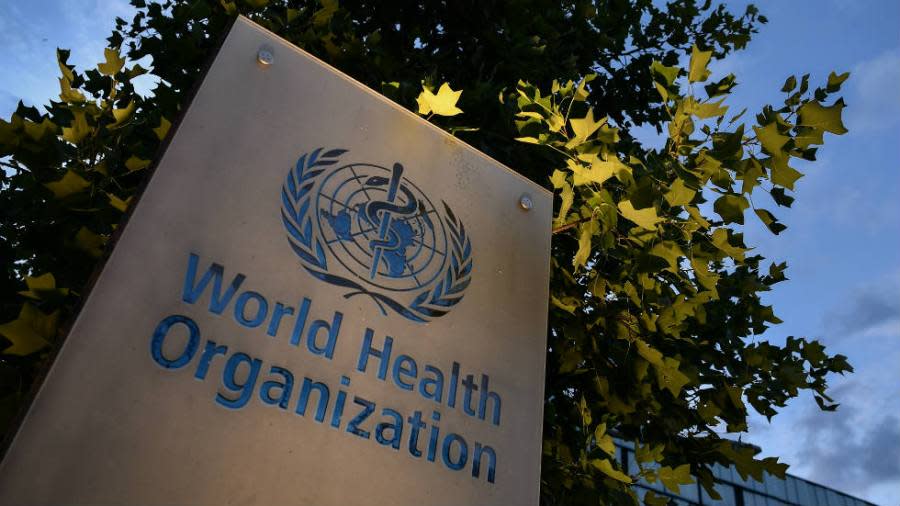US shares COVID-19 technology, research with WHO to expand vaccine access

The White House on Thursday announced it is licensing COVID-19 technologies to the World Health Organization to enable global manufacturers to make COVID-19 shots and increase testing capability.
Through the National Institute of Health (NIH), the White House said it licensed “research tools and the intellectual property” for several COVID-19 technologies to the Medicines Patent Pool (MPP), a U.N.-backed initiative that seeks to bring medical innovations to low and middle-income countries.
These technologies include the stabilized spike protein used in many coronavirus vaccines. The spike protein is found on the surface of the COVID-19 virus. When administered, the spike protein induces an immune response that teaches the immune system to fend off an actual infection.
In his remarks at the second Global COVID-19 Summit on Thursday, President Biden touched on the technology sharing as part of “significant new commitments to help keep up the fight against COVID-19 in 2022, protect the most vulnerable populations and prepare for the next health crisis.”
The WHO said in a statement that 11 technologies from the U.S. were being licensed as part of this agreement. Apart from the spike protein, also included were diagnostic technologies, early stage COVID-19 vaccine candidates and research tools.
“I welcome the generous contribution NIH has made to C-TAP and its example of solidarity and sharing,” WHO director-general Tedros Adhanom Ghebreyesus said.
“Whether it’s today’s pandemic or tomorrow’s health emergency, it’s through sharing and empowering lower-income countries to manufacture their own health tools that we can ensure a healthier future for everyone,” he added.
For the latest news, weather, sports, and streaming video, head to The Hill.

